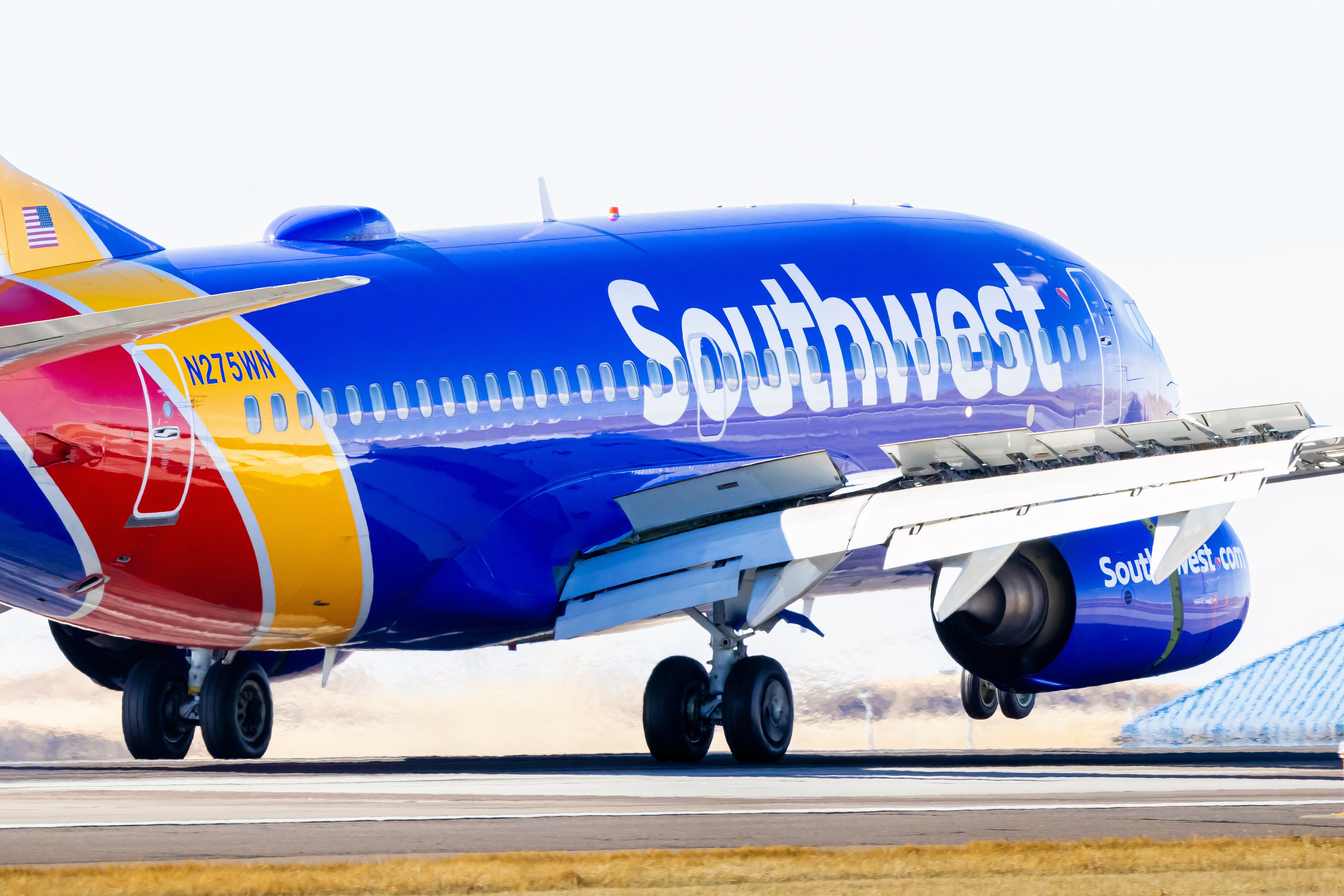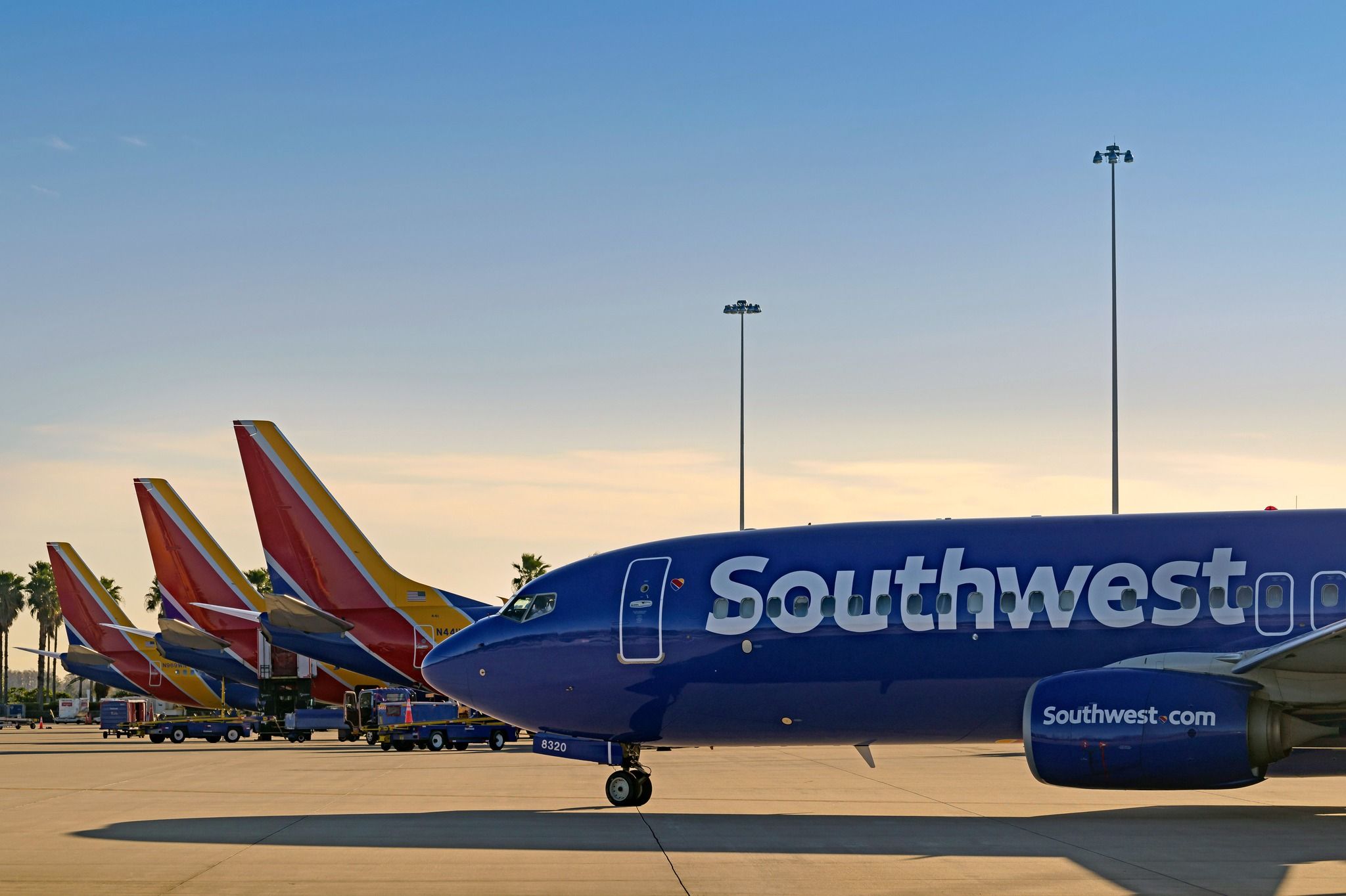Summary
- Southwest Airlines has prepared a safety net in case an activist investor, Elliot Investment Management, attempts to acquire a significant stake in the company.
- The poison pill will be triggered if the company attempts to acquire 12.5% or more of the airline’s shares, with the plan lasting until July 2025.
- Elliot Investment Management acquired more than 11% of the economic interest in Southwest Airlines in early June and has been criticizing the airline’s leadership since then.
Southwest Airlines has set up a poison pill in the case that Elliot Investment Management would attempt to increase its shareholding in the airline beyond the current stake it had acquired prior to July 2, 2024, ensuring that the investment firm does not accumulate more than 12.5% of its shares for at least a year.
Countering Elliott’s moves
According to the airline’s announcement, its board of directors approved the shareholder rights plan on July 2. The limited-duration plan was effective immediately and will expire on July 2, 2025, with any extension being subject to the approval of Southwest Airlines’ shareholders.
Nevertheless, the board, consulting with advisors, adopted the plan in response to Elliot Investment Management’s public announcements, which have included harsh criticism of the airline’s leadership, including its chairman and chief executive officer (CEO).
Photo: dorengo5 | Shutterstock
When adopting the plan, Southwest Airlines’ board considered that the investment firm had accumulated an 11% shareholding in the carrier, had not reported its full position in the airline in a United States Securities and Exchange Commission (SEC) filing, and had made regulatory filings that would provide the flexibility to acquire more voting power across two of its funds as early as July 11.
Gary Kelly, the current chairman of the board and former chief executive officer (CEO) of Southwest Airlines, stated that the plan was “prudent to fulfill its fiduciary duties to all Shareholders.”
“Southwest Airlines has made a good faith effort to engage constructively with Elliott Investment Management since its initial investment and remains open to any ideas for lasting value creation.”

Related
Employees First: What Makes Southwest Airlines’ Company Culture Special?
The airline is recognised globally as a top employer.
Armed poison pill
Southwest Airlines detailed that when the rights plan will impose “significant dilution” once any person or group purchases 12.5% or more of the airline’s shares without the prior approval of the board, with the owner of such an economic interest in the company becoming the ‘acquiring person.’
As a result, they would be unable to exercise their shares, which includes voting on the company’s matters, and acquire more shares if they own 12.5% or more of Southwest Airlines’ stock or other securities that were defined in the airline’s shareholder right plan.
Photo: Denver International Airport
Under the plan, if an ‘acquiring person’ triggers the poison pill, Southwest Airlines shareholders will be issued a right for each share owned, which excludes the ‘acquiring person.’ The right will enable existing stock owners to purchase shares with a discount, potentially diluting the ‘acquiring person’s’ stake in the airline.
Elliot Investment Management acquired a significant shareholding in Southwest Airlines in early June. Subsequently, the investment firm published an open letter that criticized Kelly and the CEO, Bob Jordan, who “have demonstrated that they are not up to the task of modernizing Southwest.”
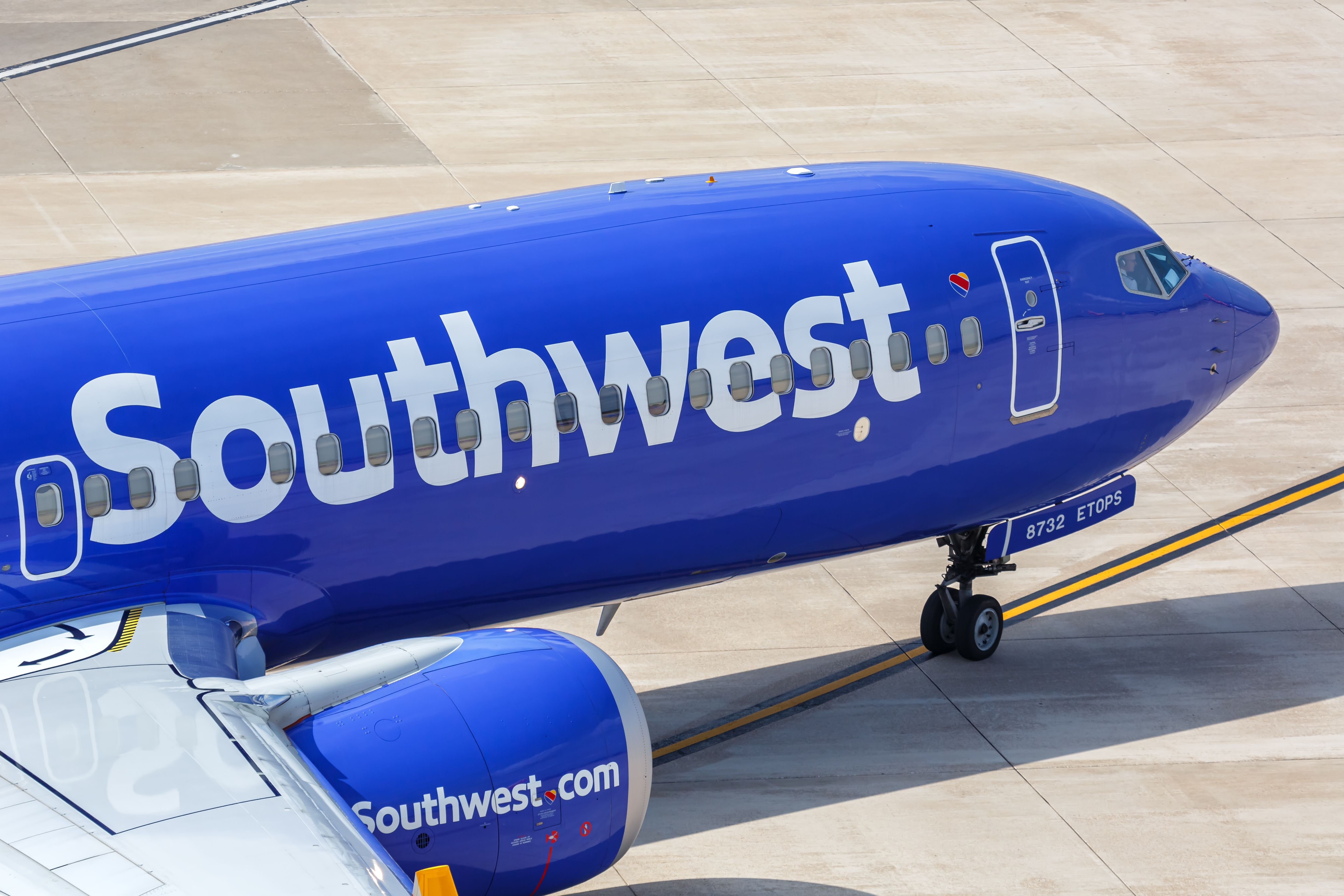
Related
Southwest Airlines’ New $2 Billion Investor Wants Big Changes
If it were to come to fruition, Elliot Investment Management would become the largest institutional shareholder in Southwest Airlines.
Stronger Southwest
Elliot Investment Management presented its ‘Stronger Southwest’ plan, summarizing that the plan would be completed once the airline’s board would include new, truly independent directors, new leadership was brought in, and a new management and board-level committee would be formed to restore the carrier’s performance.
In an initial response, Southwest Airlines said that while it was reviewing the investment firm’s letter and presentation, it was confident that it had the right strategy, plan, and team to drive long-term gains for its shareholders.
“We are focused on restoring our industry-leading financial performance, the successful execution of our multi-faceted Tactical Action Plan to improve operational performance announced in first quarter 2023, alongside recent technology investments and operational resiliency programs that led to the operation of 99% of scheduled flights in first quarter 2024.”
The airline has also been reportedly exploring changes to its seating policy, which could bring additional revenue for the carrier, which has used a free-for-all model inside its cabins, enabling passengers to choose where to sit willingly.
Photo: Joni Hanebutt | Shutterstock
Southwest Airlines was reluctant to confirm the development but, in its response to Elliot Investment Management, remarked that a new revenue management system, in addition to its review of transformational initiatives, represents potential improvements in financial and operational performance.
“The Company looks forward to sharing additional detail on our plan at Investor Day in September.”
The airline noted that the initiatives include enhancing customers’ onboard experience. However, a leaked memo detailed that the airline’s all-economy cabin would be split into three sections, with passengers paying an additional fee to be seated in a section within the aircraft, driving the airline’s ancillary revenue.
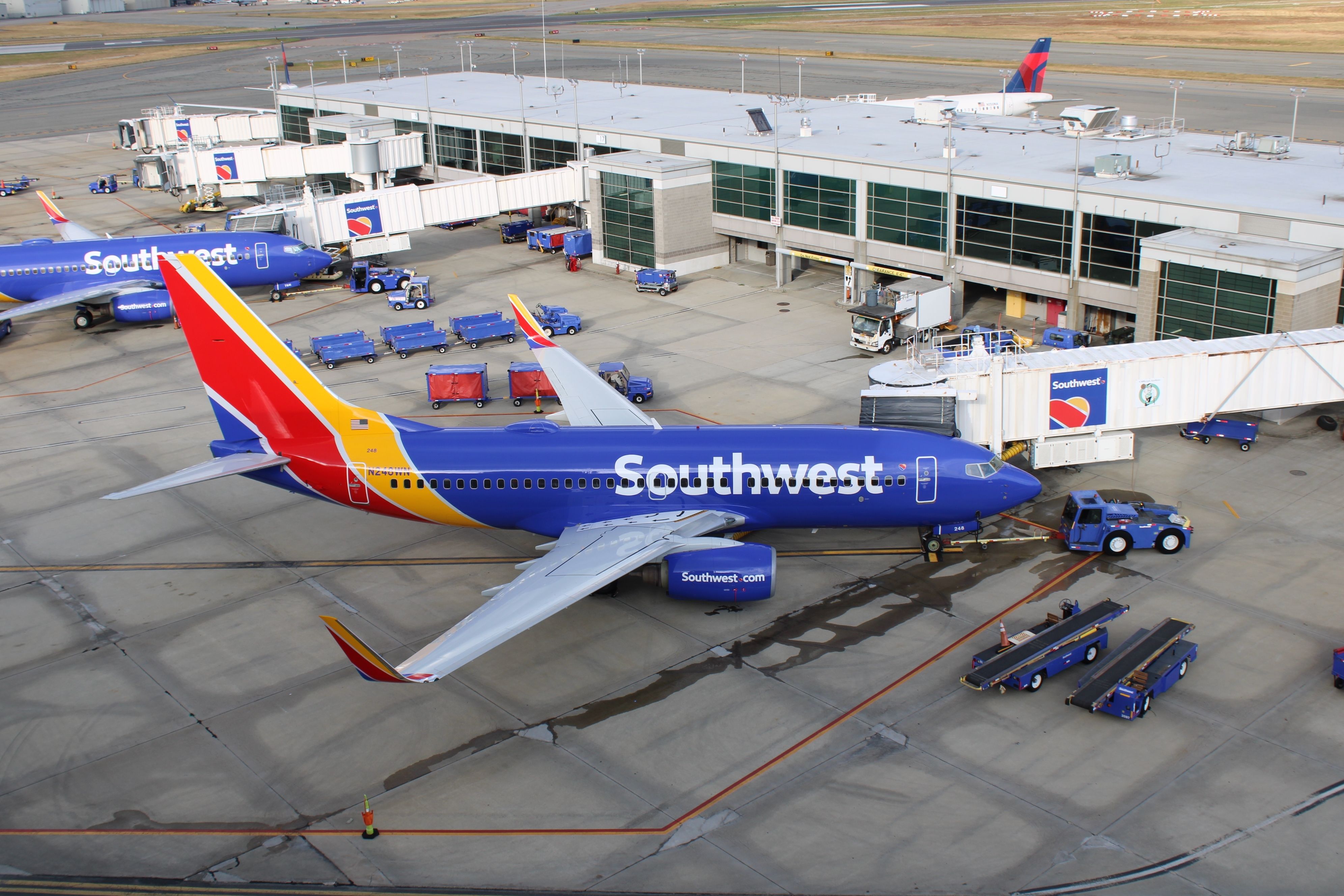
Related
Will Southwest Airlines Transform Its Cabin & Fares?
Would you pay additionally to be seated in a specific cabin section on a Southwest Airlines flight?
Urgent leadership change needed
On June 26, Southwest Airlines issued an update to its investors, detailing that its operating revenue per available seat mile (RASM) would be down 4% to 4.5% in Q2 2024 year-on-year (YoY), compared to its previous guidance of -1.5% to 3.5%. While the available seat mile (ASM), fuel cost, and cost per ASM excluding fuel and other items (CASM-X) guidance had remained unchanged, Southwest Airlines also planned to increase its debt repayments and incur more interest-related expenses.
“The reduction in the Company’s RASM expectations was driven primarily by complexities in adapting its revenue management to current booking patterns in this dynamic environment. Despite lowered expectations, the Company continues to expect an all-time quarterly record for operating revenue in second quarter 2024.”
However, Elliot Investment Management immediately responded to the guidance, noting that there had been eight guidance reductions in the past 18 months. According to the investment firm, the airline’s industry-trailing revenue performance has continued along the same disappointing trend line despite management’s continuous promises to improve the carrier’s performance.
Photo: Orlando International Airport
The firm reiterated that Southwest Airlines’ leadership “has proven unable to adapt to the modern airline industry,” adding that the investor update has only affirmed that, especially since the airline cited “complexities in adapting its revenue management […],” Elliot Investment Management concluded.
Once again, the investment firm said that fundamental leadership change was needed at Southwest Airlines, with Elliot Investment Management being committed to delivering the leadership changes that are required to turn the company’s fortunes around.
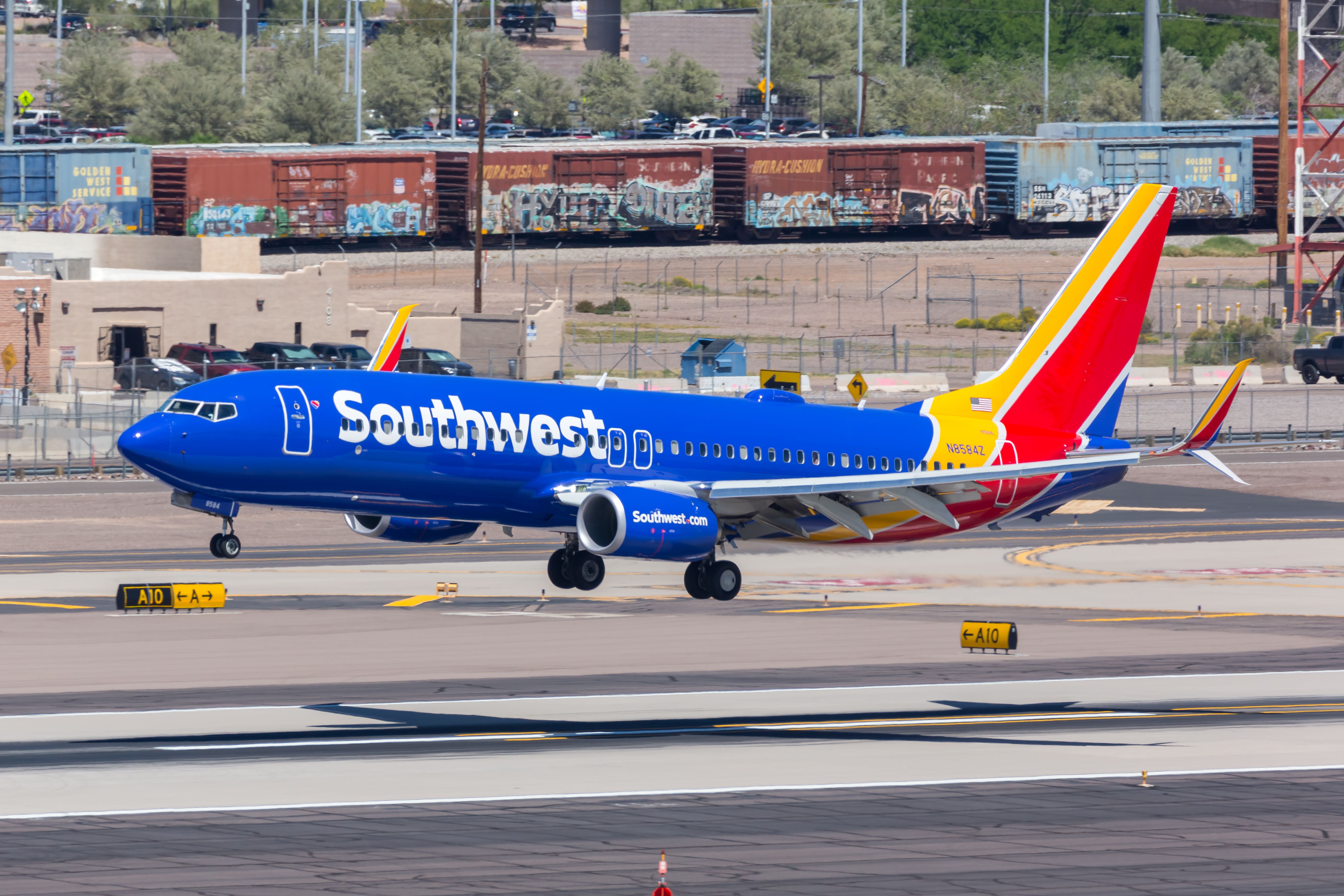
Related
Southwest’s Revenue Outlook Cuts Prompt Further Criticism From Activist Investor Elliott Management
After disappointing second-quarter forecasts, Elliott is again calling for a shake-up in Southwest’s leadership.



